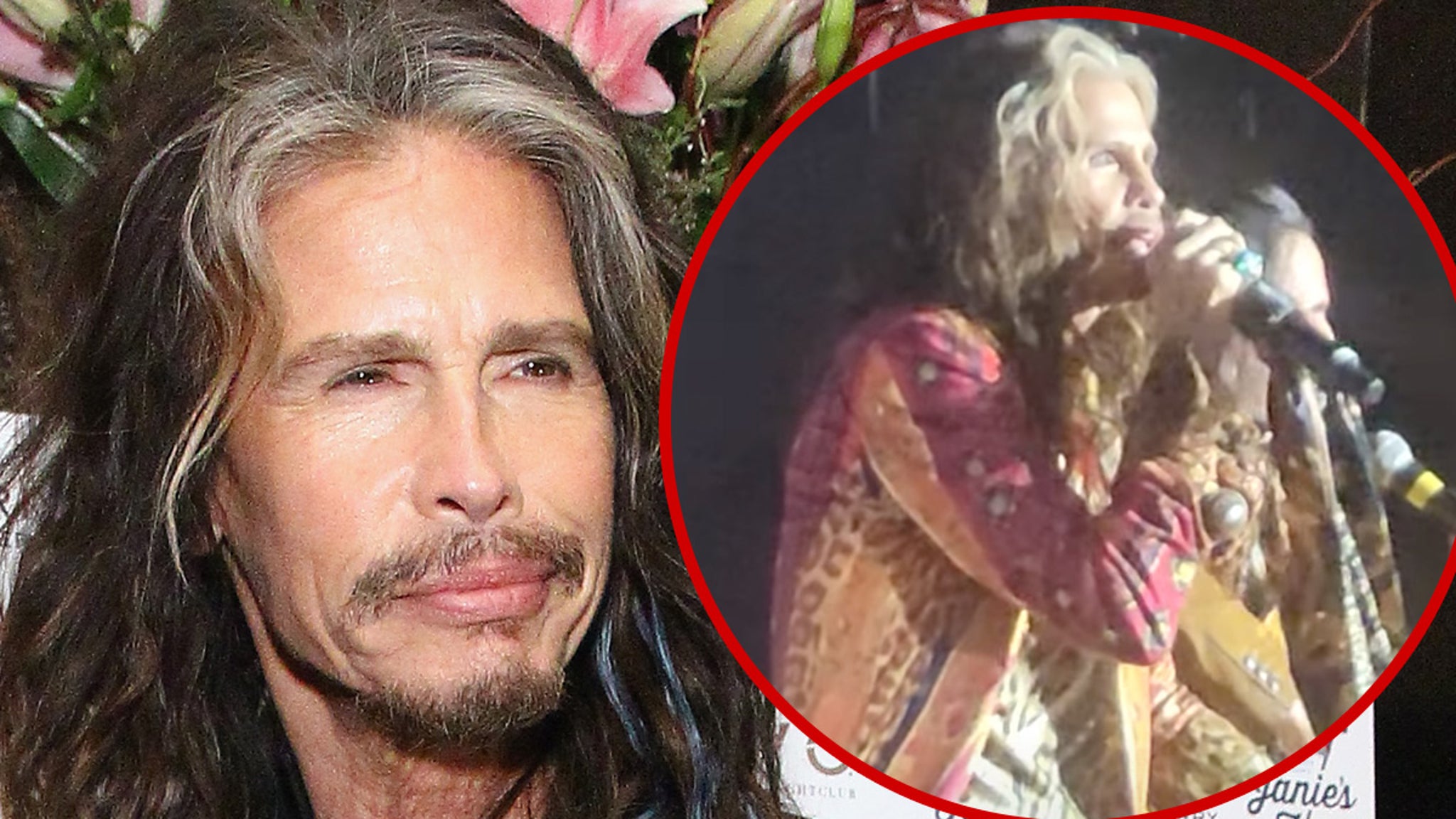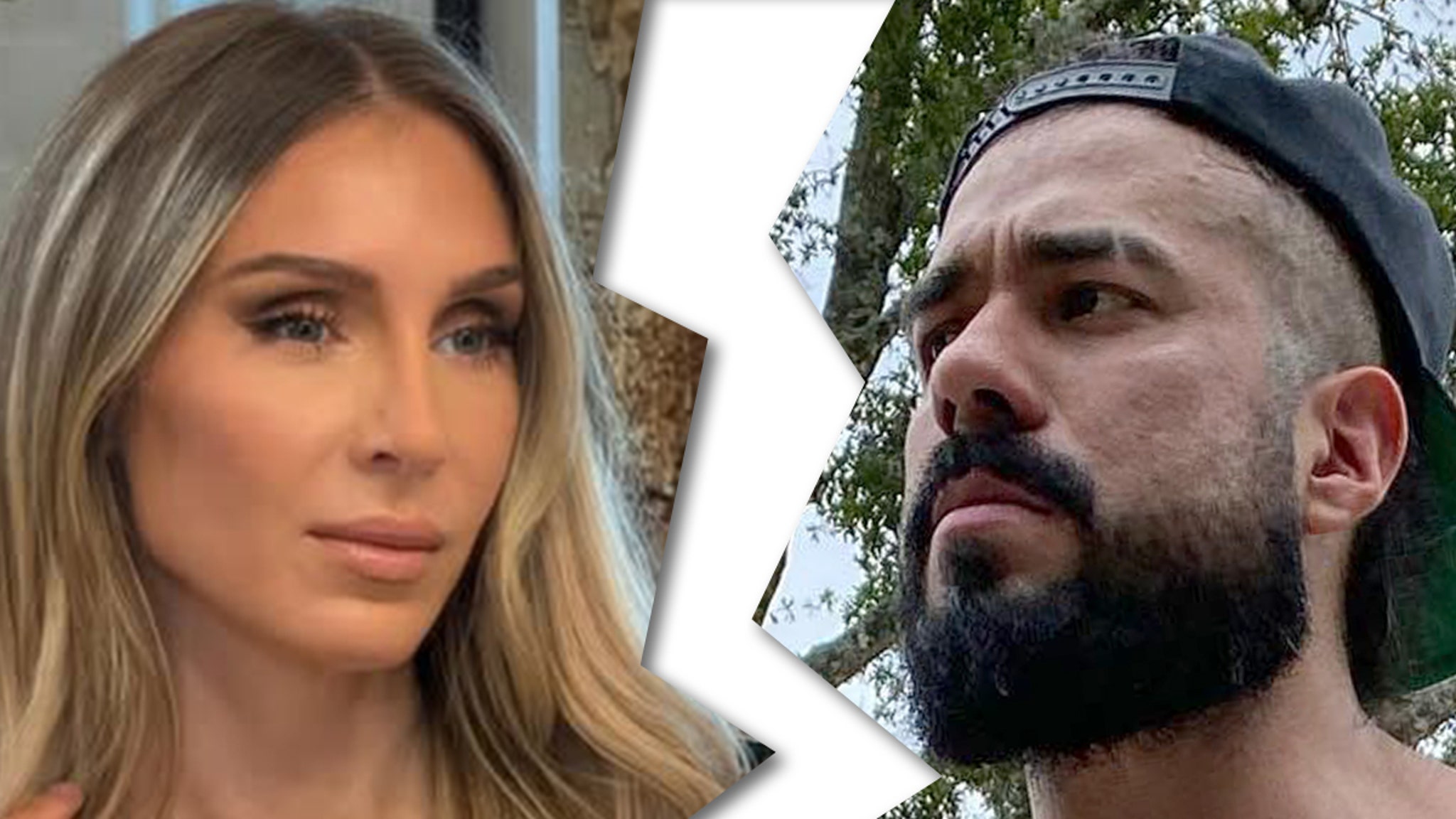Culture
A ‘Weary but Fabulous’ Poster Girl for Trans Life Opens Up About Aging

Early in her new memoir, “Cleavage,” Jennifer Finney Boylan describes a moment of reckoning in a changing room. A size 12 dress is too snug; she needs a size 14. Cue regret, ennui and soul searching.
It’s a relatable scene for anyone who has stood, sweating, before a three-way mirror.
But for Boylan, who is transgender, appearances are more complicated than they might be for the average shopper.
The problem wasn’t that she’d gained almost 50 pounds in 25 years. “The crisis was that it mattered to me now, as a woman,” Boylan, 66, writes. “When I was a man (sic), I can say most definitively that it had not.”
During an interview at her book-lined, riverfront apartment in Morningside Heights, Boylan spoke about the pressure to look a certain way, a predictable but persistent side effect of the gender-affirming surgery she had when she was 44.
“There’s this tyranny of beauty, especially among trans women,” Boylan said. “There’s this feeling that, if we’re not beautiful enough, we’re not really women.”
In “Cleavage,” her fifth memoir in 22 years, releasing on Feb. 4, Boylan explores issues pertaining to trans people (and most people) who qualify for AARP. Among them: How it feels to get older in an imperfect body. How relationships and families evolve over time. How she squares who she once was with who she is now.
She writes, “The fact that I see a woman’s reflection where I once saw a man’s is probably less dramatic than the fact that I once saw a young person there, and now — well, now I see someone else.”
Boylan’s first memoir, “She’s Not There,” came out in 2003, a different era altogether when it came to conversations about gender. With its frank depiction of marriage and parenthood after transition — and an afterword by the novelist Richard Russo, who laid bare his learning curve as Boylan’s close friend — the book mapped what was, for many, uncharted territory.
It also established Boylan as a go-to expert on trans life. She appeared on “The Oprah Winfrey Show” and “Larry King Live”; she was the subject of documentaries; she became an activist, a columnist (including for The New York Times) and a one-woman clearinghouse of information about endocrinologists, electrolysis, support groups and voice changing techniques.
Eventually she stopped trying to change her voice — and she grew accustomed to using it more.
When she wasn’t raising two teenagers, serving on the board of GLAAD, (for eight years), or leading PEN America (ongoing), Boylan was teaching literature and writing at Colby College, then at Barnard — and writing books.
Her second, third and fourth memoirs lack the oomph of her inaugural clarion call. They’re eloquent and clever but, like siblings born close together, they suffer for lack of elbow room.
“Cleavage” is another story, a wise and necessary coda to “She’s Not There.” If that one was, as our critic put it, the “Running With Scissors” of transgender accounts, this one is “I Feel Bad About My Neck” for sexagenarian trans people and, really, anyone who wants to know how it feels to live many lives. It’s vulnerable and irreverent in the way a “weary but fabulous poster girl” — Boylan’s words — can afford to be.
“Despite the profound seriousness Jenny’s grown into over the last couple of decades, she is still a stunning goof,” said Russo, who has been friends with Boylan for 40 years and accompanied her to Neenah, Wis., for her gender-affirming surgery.
Sitting on a leather couch beside a framed picture of her wife, Deedie, on their wedding day, Boylan said that, before writing “Cleavage,” she’d sworn off autobiography. She’d gone so far as to write an essay for Medium declaring: “I’m done! I’m not going to explain myself anymore! I am who I am and let my life be the explanation.”
As trans rights entered the political fray, Boylan started to rethink this position.
“There are always more stories to tell, and they’re the best form of cultural change,” she said.
Boylan started writing “Cleavage” — originally called “Both Sides Now” — six years ago, then took a break to write “Mad Honey,” a best-selling novel, with Jodi Picoult.
She was, and is, well aware of the pitfalls of the serial memoirist: One has only so much material and, of course, “It’s hard to write about your family unless you really hate them.” On the flip side, you get to revisit life events with the benefit of hindsight.
In “She’s Not There,” Boylan and Deedie (whom she referred to as Grace) navigate gingerly from being husband and wife to wife and wife. There’s a tentativeness at the end of the book, a sense of fragility about the union.
In “Cleavage,” Boylan writes about her 36-year marriage with confidence, clarity and perspective.
“The change in gender is definitely a dramatic one, but, in some ways, it’s not the most important in terms of who we are now and who we were when we got married,” Boylan said.
During a follow-up phone interview, she called out to Deedie, asking, “Do I have anything else I want to say about us?” The answer was a resounding no.
Boylan went on, laughing but serious, “To have thrived in a marriage of over three decades by putting our arms around both constancy and change is the thing that would make us the most familiar to other people, including those who don’t know anything about trans stuff at all.”
She also spoke about the evolution — or devolution — of trans acceptance over the past two decades.
“When I came out 25 years ago, my Christian Republican evangelical mother did not react by warning me about social contagion or the dangers of trans women in sports,” Boylan said. “She took me in her arms and said, ‘Love will prevail.’”
Boylan went on, “Now we’re living in an age where we need to find people to blame and belittle and otherize.”
In one of the most moving passages in “Cleavage,” Boylan describes her own response upon learning that her daughter, Zai, is trans. Not only was she hurt that Zai, then 24, didn’t want advice — “I was like, you know I’m Jenny Boylan, right?” — she also had to let go of a narrative she’d created.
“I’d kept an eye on my children to see what effect having me as a parent was going to have on them,” Boylan explained. It was important to her that they be viewed by others as — in her words — “normal.” Indeed, in an afterword to “She’s Not There,” added in 2013, Boylan rattles off various parental points of pride: One kid gets into Vassar. The other plays the French horn.
By the time the two were in their 20s, Boylan felt confident that “having a transgender parent helped my boys become better men.” It was a great line, she said, but it wasn’t exactly true “because I had a trans daughter.”
Boylan stumbled on the word “cleavage” while perusing the thesaurus for a synonym for “division.”
“It’s a contronym,” she said, with the authority of someone who’s spent four decades at the front of a classroom. “It’s a word that means itself as well as its own opposite.”
Boylan wanted her new book to feel “like a Grateful Dead concert” with a “lot of crazy jams.” There was an element of getting the band back together: After a multibook hiatus (including three middle grade novels), Boylan reunited with Deb Futter, who edited “She’s Not There.”
Futter said she still remembers how she pitched Boylan’s first memoir to colleagues: “Have you ever walked into a cocktail party and felt like you didn’t belong?,” she recalled in an interview. “That’s how Jennifer Finney Boylan has felt her whole life.”
Futter has long wanted Boylan to write a follow-up. She described “Cleavage” as a book about “celebrating love and trying to get along.” She hopes it lands in the hands of readers who don’t understand what it means to be trans.
Boylan said: “I’m hoping that people will read ‘Cleavage’ and think, The stories she tells are stories in which I can see myself. The stories she tells have given me the chance to open my heart.”
After all, Boylan added, quoting her mother, “It’s impossible to hate anyone whose story you know.”




























